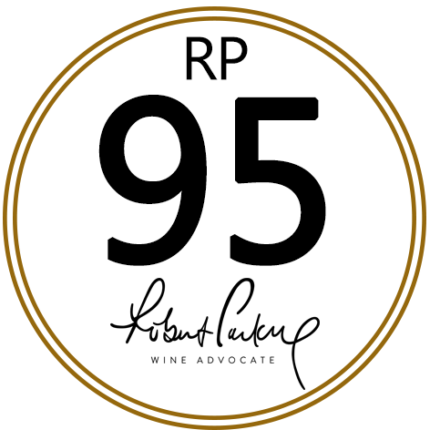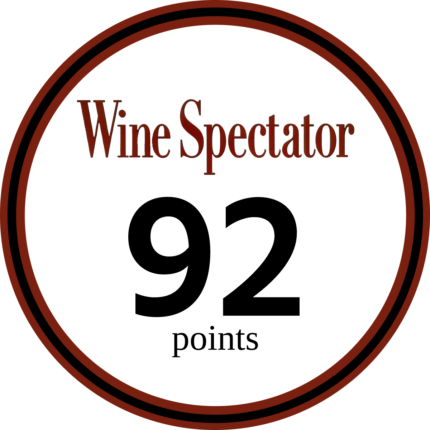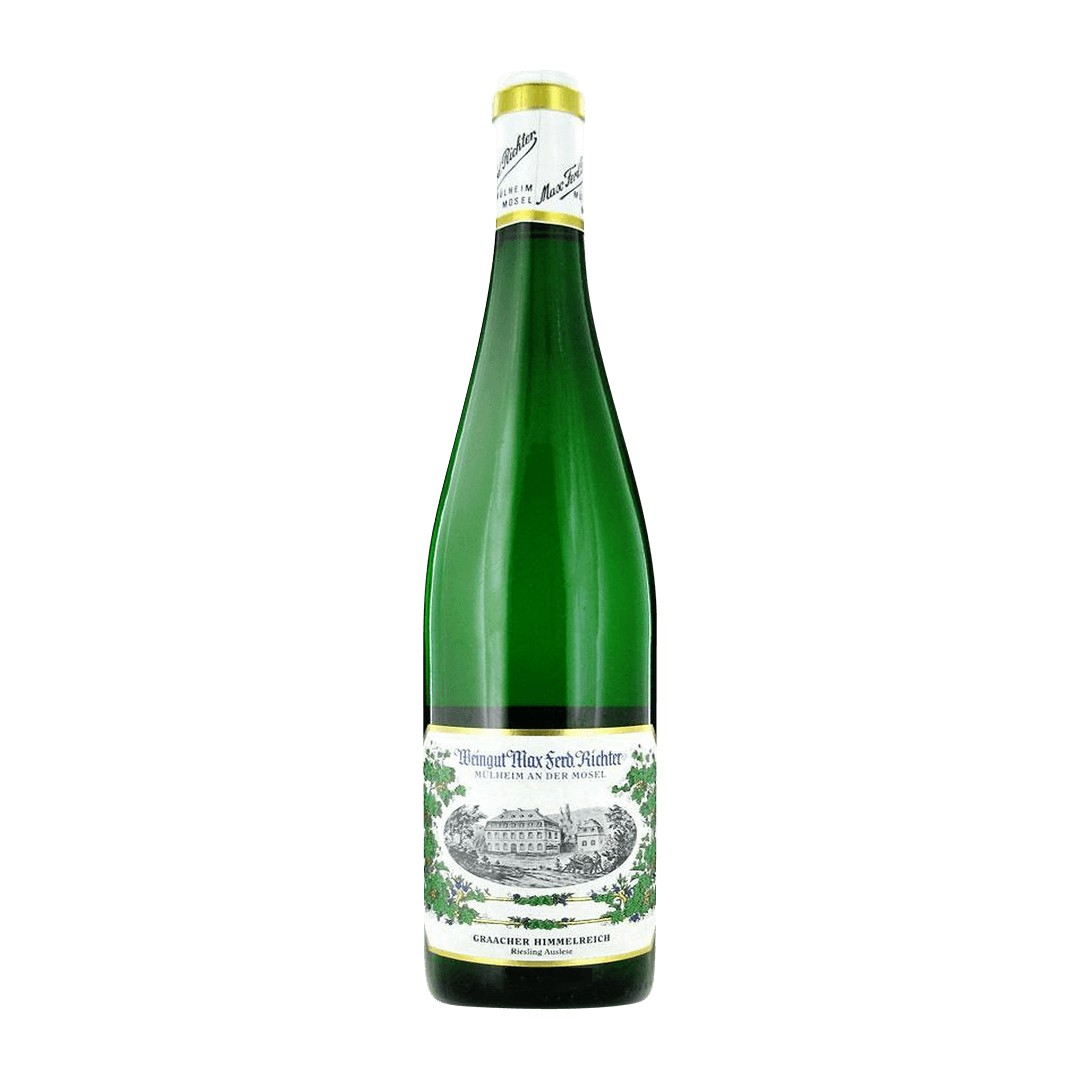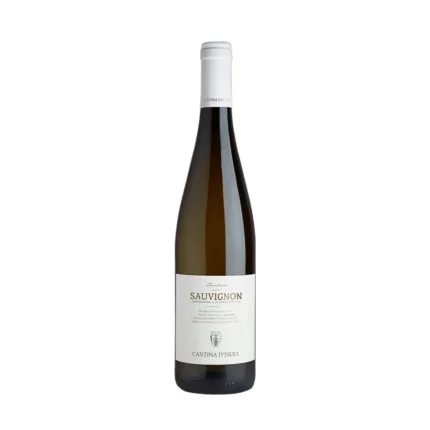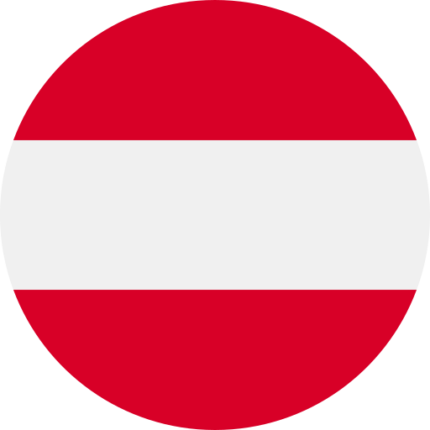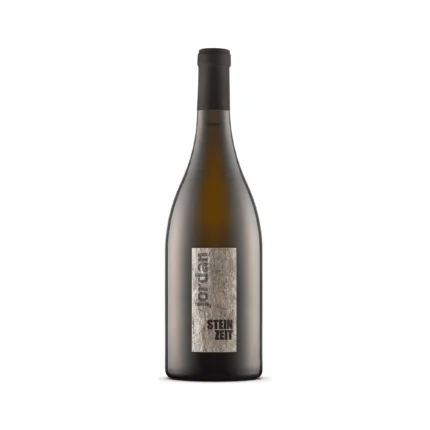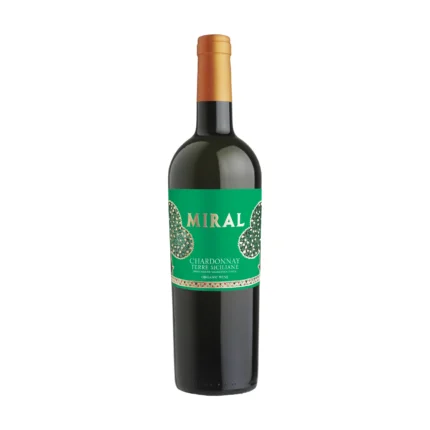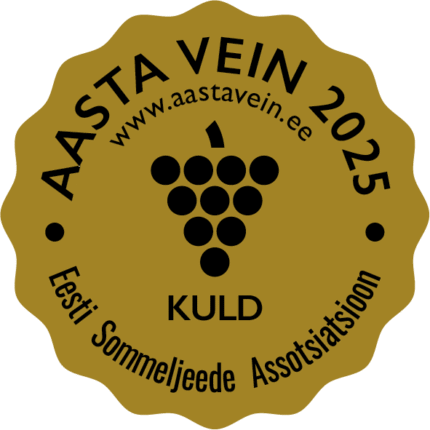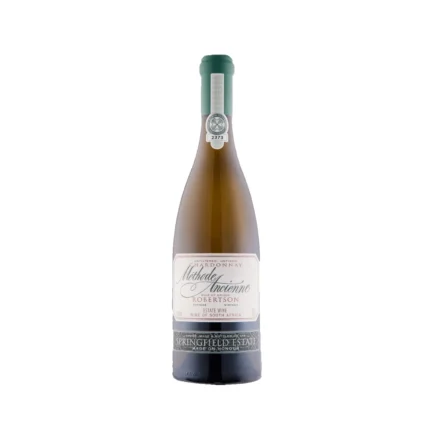Weingut Max Ferd. Richter Riesling Auslese Graacher Himmelreich 2022 7% vol. 0,75l
29,58 € sis. KM
NB! The prices on the website are valid only in the e-shop. These are the best prices! Prices of online store products may differ from store prices.
|
|
|
|---|---|
|
|
Sulphites |
|
|
0.75L |
|
|
Germany |
|
|
Mosel |
|
|
Weingut Max Ferd. Richter |
|
|
White |
|
|
Riesling |
The winemakers at Richter believe that great wine comes from the vineyard, not the cellar. With this in mind they strive for precision in their daily viticultural work. The challenge of cultivating vines on the steep, slate slopes of Mosel is overcome by fastidious handwork, small crop sizes, all-natural fertilizers and sustainable farming practices. Additionally, all harvesting is done by hand. Vinification starts with gentle pressing and slow temperature controlled fermentation in traditional old oak barrels (fuders). This careful, deliberate process preserves the vineyard-grown quality of the grapes, develops the unique character of the single-vineyard cuvees, and to gives Richter wines exceptional longevity. When possible, they utilize natural yeasts and eschew chemical fining agents. Max Ferdinand Richter’s 48 steep acres are spreadout in the Middle Mosel Valley between Erden and Brauneberg. Plantings consist of 95% Riesling and 5% Pinot Blanc grapes. The average age of Richter vines is 40 years.
Winemaking
With excellent southwestern exposure, the vineyards of Graach directly neighbor those of Wehlen. However, due to millions of years of alluvial deposits from the Mosel River, the Graach mountainside has a much richer, more fertile terroir, with an excellent watersupply. The wines of Graach are thusly vigorous, juicy, mouth-filling and with broadshoulders, with lots of citrus, floral and dried herbal notes as well as a luscious complexity of minerals, slate and flint.
Vinification starts with gentle pressing and slow temperature controlled fermentation in traditional old oak barrels (fuders). This careful, deliberate process preserves the vineyard-grown quality of the grapes, develops the unique character of the single-vineyard cuvees, and to gives Richter wines exceptional longevity.
Tasting notes
Ripe grapefruit and white currant, creamy and clean fruit structure, racy fruit acid, very elegant and long lasting finish.
|
|
|
|---|---|
|
|
Sulphites |
|
|
0.75L |
|
|
Germany |
|
|
Mosel |
|
|
Weingut Max Ferd. Richter |
|
|
White |
|
|
Riesling |
